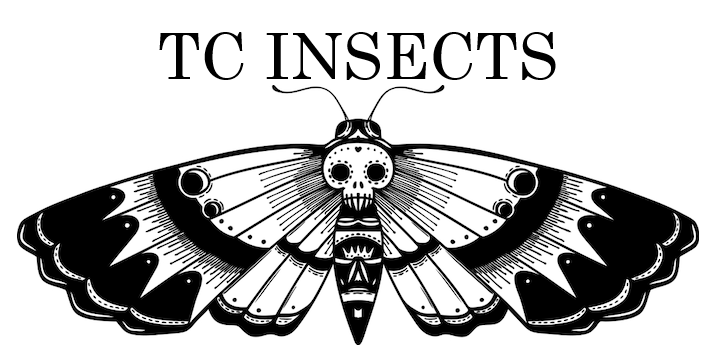Philoscia sp. “Thai”
Overview
Pronounced: (Phil-lo-sia) | ( Tie )
Care Level: Moderate
We have Philoscia sp. “Thai” Isopods for sale, bred from a mother culture started in late 2019. This species displays rarely seen sexual dimorphism in isopods, where the male and female look very different from each other. Males are smaller, with brilliant orange and white colorations. While the larger females display grey and black patterns. This species makes a wonder rare addition to any collection or unique bioactive vivarium.
Appearance and Size
Adult Size: 1-1.70 cm
Reproductive Rate: High
A described previously the Males and females are different in size and in coloration. This trait is called sexual dimorphism and is a direct result of natural selection. Being that the females are larger than the males and the males have a brighter coloration. It does not take much deduction to conclude that the females are selecting the brightest colored males.
The pictured male can be seen displaying a beautiful orange coloration that is better for attracting a mate than blending in with its surroundings.

Philoscia sp. “Thai” Male – Copyright TC INSECTS
The females are larger with a better-developed camouflage than the males. This is likely what the original males and females looked like before the process of natural selection.

Philoscia sp. “Thai” Female, Copyright TC INSECTS
Philoscia sp. “Thai” Isopods Care
Philoscia sp. “Thai” Isopods Husbandry:
Temperature: 70-85
Humidity: 45-60%
Philoscia sp. “Thai” survives well in tropical conditions with moderate moisture. Add them to animal habitats to clean messes you would rather not clean. Because this species is incredibly fond of feces from multiple species, making them an eager tank janitor. When kept with other animals make sure that your isopod colony is fed supplemental food.
Isopod Container Habitat: For display, a ventilated acrylic or Glass Enclosure is recommended. An economic option is a plastic container but lacks visibility and aesthetics.
Philoscia sp. “Thai” Isopods Diet
- Fiber-Based: Decaying Hardwood (non-pine), Leaf litter, Magnolia Pods
- Vegetable-Based: Freeze Dried Peas/Beans, Mushrooms, sweet potato
- Protein-Based: Yeast, Shrimp Meal/Pellets, Insect Frass (they love it!)
In our store, you will find Springtail Feed that is high in nutritional yeast, and our Isopod Food is a balanced recipe of Plant matter and proteins.
An important note when feeding is not to overfeed. Old food can spoil and attract fungus gnats, fruit flies, and mites.
Philoscia sp. “Thai” Isopods Breeding
Females: As they reach adulthood females will have a white cavity in between their legs. Females also seem to be larger than males.
Males: Do not have a white cavity between legs.
When breeding it is important to check colonies as part of a weekly routine and follow the above care guide.
Philoscia sp. “Thai” Isopod’s Natural Habitat:
Philoscia sp. “Thai” was discovered in Southwest Asia, Thailand.

Thank you for Checking out the Philoscia sp. “Thai” Isopods we have for sale. The Philoscia sp. “Thai” Isopods Care sheet.
We have spent a great deal of time gathering information the above information to enrich the Isopod hobby. We hope that you share this info and recommend us.
If you would like to submit information on a specific species that you think would be beneficial to the hobby please contact us on our FAQ page.
We also offer a large variety of springtails for sale. Isopods and Springtails combined together to create a bioactive terrarium which is a self-cleaning ecosystem mainly used in the reptile hobby.
The springtails we have for sale are from one of the largest and most diverse collections. We are also the largest supplier of springtails in North America at the TC INSECTS Springtail Research Laboratory in Houston Texas.








